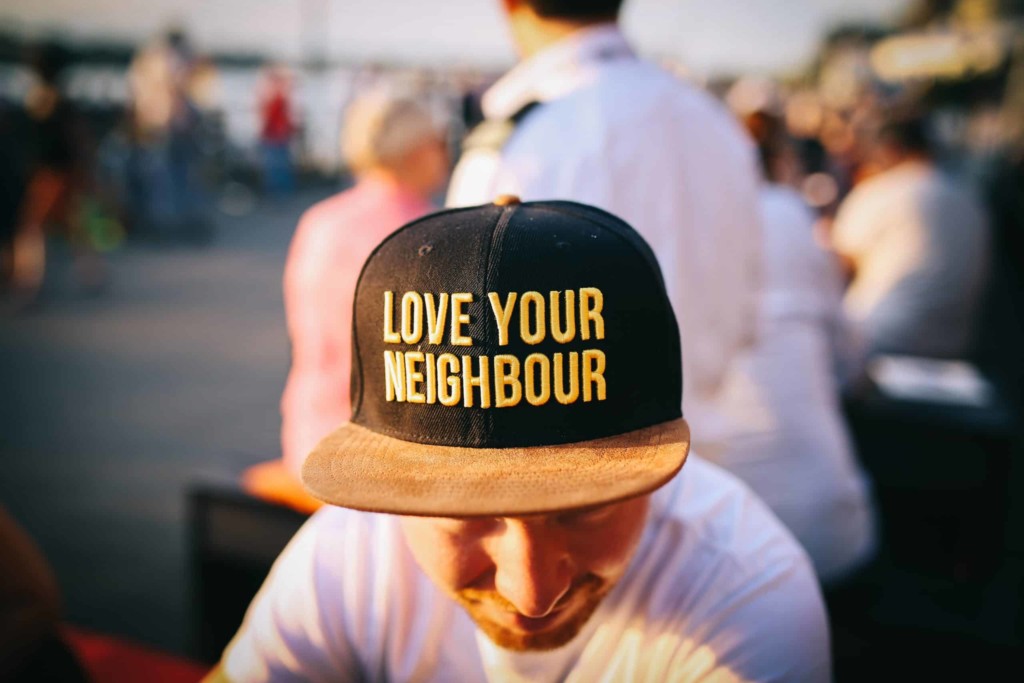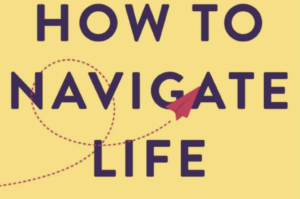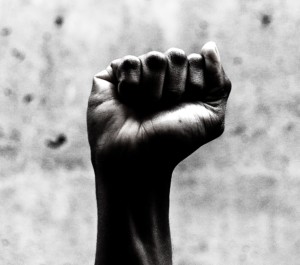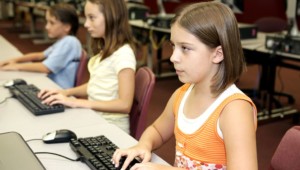Making All Things New: The Work of Reconciliation

We enter this season of reconciliation with new humility, a sense of individual and communal fragility.
With the worst cruelty, the pandemic, the climate crisis, and the automation economy most severely impact the least advantaged and the least to blame.
Passover, Easter and Ramadan are invitations to a new beginning. They are a call to pay attention, to build a new mutuality, to exercise social empathy, and to reconcile.
Attend. We are pulled from this to that, a byproduct of access, curiosity and advertising. Now, more than ever, it is essential to focus our attention on the people and things that matter most.
Simone Weil says that “Attention is the rarest and purest form of generosity,” a generosity we give to those whom we meet and know and to the creations of others.
Mutuality. In this era of global shocks, there is a new sense that we’re all in this together. In her remembrance of Paul Robeson, revolutionary poet Gwendolyn Brooks, states:
“…we are each other’s
harvest:
we are each other’s
business:
we are each other’s
magnitude and bond.”
Brooks offers a rallying cry for connection and understanding the deep roots that take hold through relation.
Empathy–at Scale. Adrienne Rich, poet and activist, wrote that “suffering is diagnosed relentlessly as personal” and that “we lack a vocabulary for thinking about pain as communal and public.”
Rich urges vulnerability and care–an exercise of empathy not just for individual people but for community.
Reconcile. It’s our job to fix things–the daily tasks of making things new: teach, heal, care, create. That’s the message of Easter and Passover.
Trappist monk Thomas Merton said: “Our job is to love others without stopping to inquire whether or not they are worthy. That is not our business and, in fact, it is nobody’s business. What we are asked to do is to love, and this love itself will render both ourselves and our neighbors worthy.”
This is the season of reconciliation but Henri Nouwen reminds us that reconciliation is a “ministry that never ends.” Making all things new is not easy, it is not fast, but it is the work.
For More, See:
- Lia McIntosh on Community Development
- The Ripple Effects of Resilience
- Good Work: It’s Easter, Get Busy
Stay in-the-know with innovations in learning by signing up for the weekly Smart Update.







Ellen Karcinell
Thank you for this wonderful post. In these difficult times, it is critical to work together and to nurture each other, especially young people.